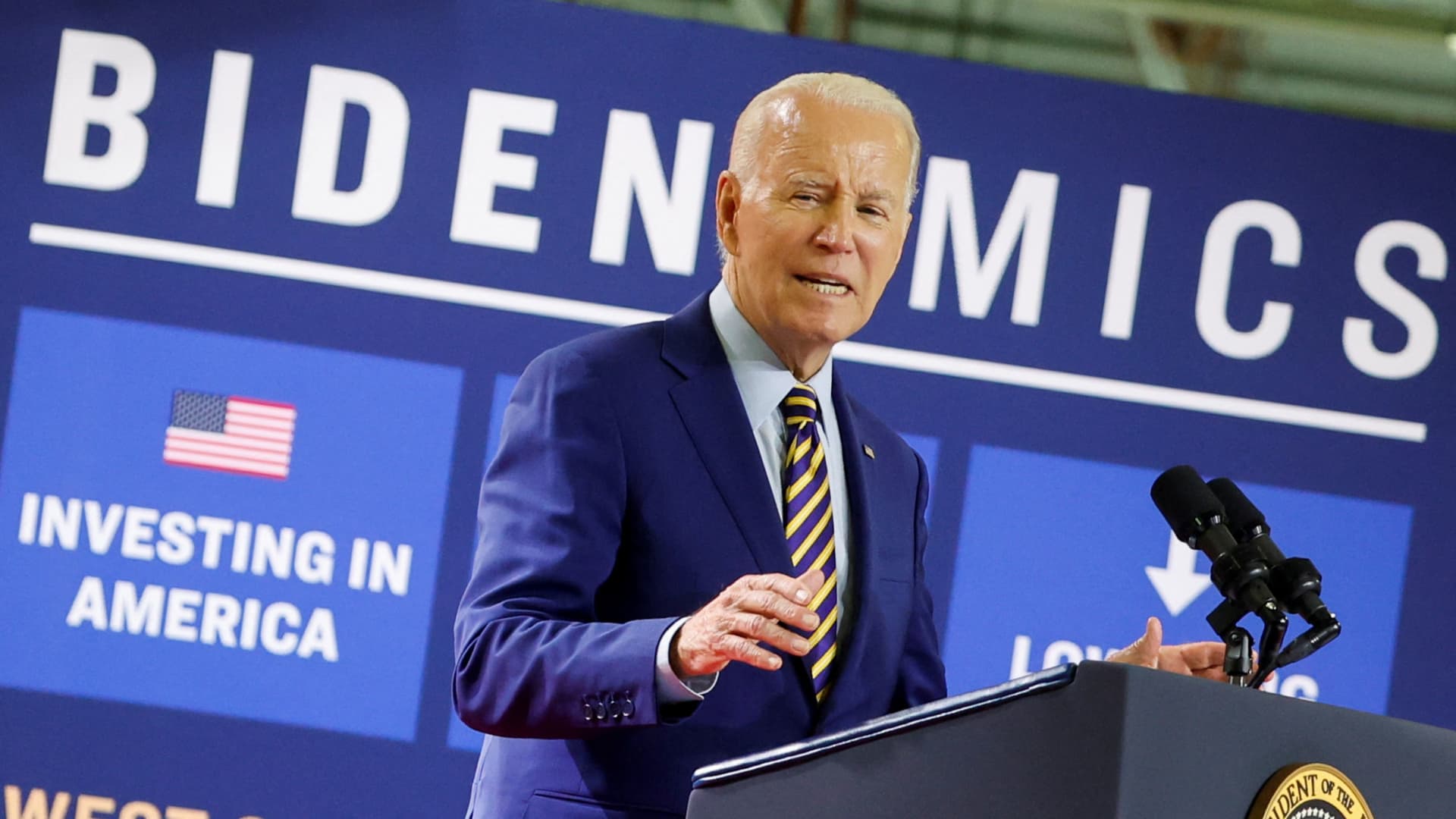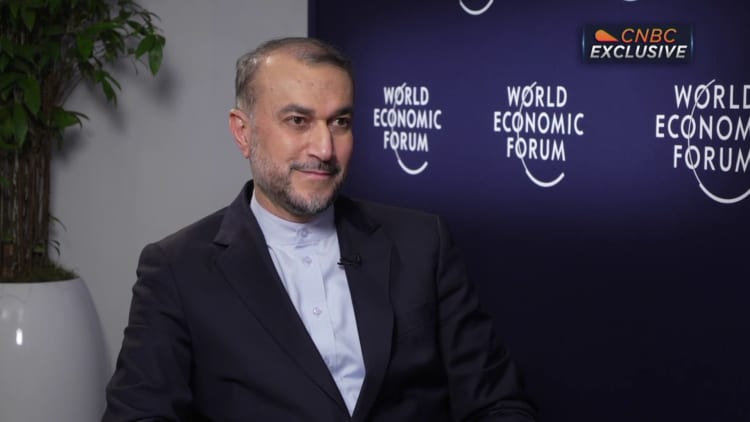[tdc_zone type=”tdc_content”][vc_row][vc_column width=”1/1″]
Trending Now
POLITICS
White House eager to take credit for retail sales bounce
U.S. President Joe Biden delivers remarks on the U.S. economy and his administration's effort to revive American manufacturing, during his visit in Flex LTD,...
BUSINESS
ECONOMY
SPORTS
The Oakland A’s want to build the Sydney Opera House
Leave it to the A’s and John Fisher to be three months late on the renderings for a ballpark that still feels like...
HEALTH
More People Die After Smoking Drugs Than Injecting Them
NEW YORK — Smoking has surpassed injecting as the most common way of taking drugs in U.S. overdose deaths, a new government study...
TECHNOLOGY
INSURANCE
MOST POPLULAR
Final week to join the ranking of America’s best retail brokers
Entries for Insurance Business America's Top Retail Brokers 2024 close this Friday

































